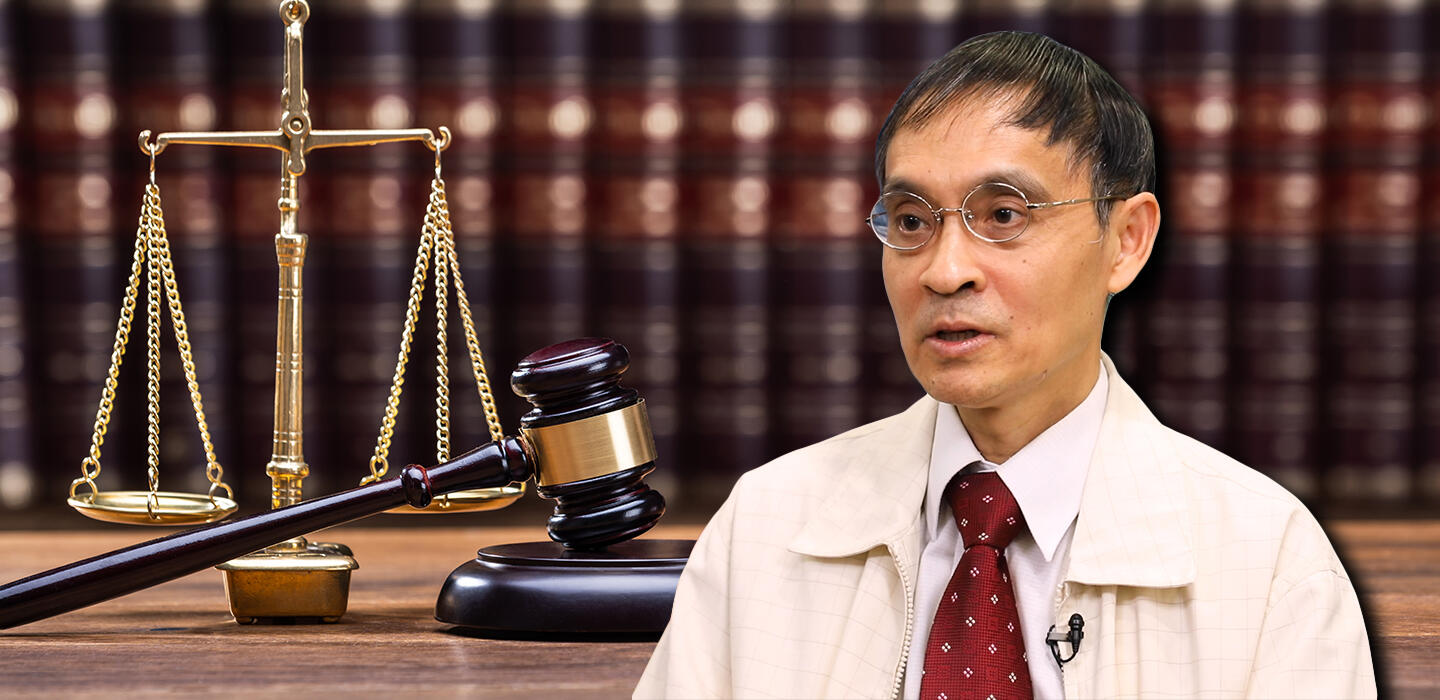
Fundamental Rights and Duties of Hong Kong Residents
播放影片
What are the rights of Hong Kong residents and what duties will they have to shoulder? Chapter III of the Basic Law has special provisions. Generally speaking, rights guaranteed under the Basic Law include: All are equal before the law, legal and judicial rights, Economic, social and cultural rights, rights and freedom of expression, freedom of the person and freedom of religious belief.
Which articles of the Basic Law that guarantee residents’ fundamental rights?
Let’s have a simple example: In doing your homework, when you search online search for content, you are enjoying the freedoms of academic research, expression, publication, and communication.
These rights are all protected under the Basic Law. When you grow up and look for jobs, Article 33 of the Basic Law offers protection. It says, Hong Kong residents shall have freedom of choice of occupation. And when you get married and have a family, Article 37 of the Basic Law provides protection. It says, the freedom of marriage of Hong Kong residents and their right to raise a family freely shall be protected by law. Our private property rights are also protected under the Basic Law.
Hong Kong is an international metropolis blending Chinese and foreign cultures. The Basic Law also guarantees the freedom to enter or leave the SAR and the freedom of emigration to other countries and regions. Article 32 also stipulates, Hong Kong residents shall have freedom of religious belief and religions.
On the judicial front, the Basic Law provides sufficient protection for defendants’ rights in criminal cases. For example, a defendant is entitled to the right to have a lawyer. The defendant has the right to a fair and open trial without delay. In addition, during a trial, the prosecution must prove guilt beyond reasonable doubt. Unless there is sufficient evidence proving the accused to be guilty, the court will rule the defendant to be innocent.
On public affairs, Article 26 of the Basic Law stipulates Hong Kong residents shall have the right to vote and the right to stand for election. Article 27 states, Hong Kong residents shall have freedom of speech, of the press and of publication, freedom of association, of assembly, of procession and of demonstration, and the right and freedom to form and join trade unions, and to strike.
In exercising one’s rights, he may not violate others’ freedom
“Rights” and “Duties” co-exists, and rights come with duties. Whenever one exercises his rights, he should also respect the rights of others and may not harm others’ rights and interests.
The Basic Law provides complete protection of rights for all. In particular, the rights to equality before the law. According to the Basic Law and Hong Kong Bill of Rights Ordinance, freedom of speech, of assembly and freedom of association of Hong Kong residents are protected. Such rights and freedoms are not absolute, but are subject to reasonable restrictions according to the Basic Law and international human rights laws. Reasonable restrictions could be for the purpose of guaranteeing public order, public safety and national security or for the purposes of the rights and freedom of others. Restrictions are applied to these rights and freedoms.
To abide by the law is the duty for all Hong Kong residents
Another duty for all Hong Kong residents is to abide by laws applied in the Hong Kong Special Administrative Region. Hong Kong residents shall also abide by, under special circumstances such as the state of war or emergency, national laws that are applied to the Hong Kong Special Administrative Region. In addition to abiding by the law, Hong Kong residents are also duty-bound to respect the Constitution and fulfil the constitutional requirements on all citizens, to care about the national development and defend national security, honor and interests.
相關影片
x
教學影片下載表
